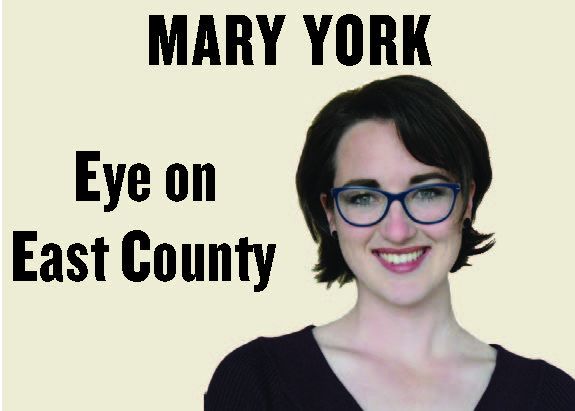Well, the Russians have my face now.
That’s right, I – like so many in the last few weeks – finally succumbed to the draw of the FaceApp to find out what my face will age like (apparently, I need to start using more moisturizer).
There has been a substantial fuss by the well-meaning and the pot-stirring alike about whether or not we should be giving away our data so carelessly. Do we really want people to have access to our identities?
Now, I’m not talking social security numbers or credit cards, just addresses, date of birth, appearance, likes and dislikes, or whatever else Facebook, Instagram and every online store has been getting from us since the dawn of the internet.
FaceApp is nothing new. We lost our privacy a long time ago and, frankly, I think assuming the Russians would even know what to do with it is giving them a little too much credit.
But, you tell me, privacy is a foundational American right. In a few eloquent words, you describe hushed patriots in New England taverns plotting revolution and dreaming of freedom – all undercover. Give up privacy and we lose the power to maintain our freedoms and fight an overreaching government and/or the Russians. And that’s a decent case for privacy.
However, phone tapping and the inability to assemble are much different kinds of intrusion of the state upon our rights than simply knowing what our faces will look like or where we live.
Have we forgotten that only two decades ago the U.S. was still printing huge books with iconic yellow pages that literally listed everyone’s names and addresses for the general public to use?
Why do I make this distinction? Because details are important and panic is harmful and Big Brother – when it is actually a threat – is genuinely frightening and no good can come from confusing the dangerous with the benign.
In her book “Under a Cruel Star,” Heda Margolius Kovály depicts life in Soviet controlled Czechoslovakia. Her husband was whisked away by the government, imprisoned without charge and sentenced to death after he was forced to purger himself.
The author and her young son were forced, like many, into horrible living situations and her every action, and those of the people who occasionally tried to help her, were watched, reported and used against her for political gain. She was forced to live in absolute poverty, destitute and sick for years.
Communism is no joke. But it also isn’t an app.
There are several things of note in this example. Firstly, all of these things were carried out pre-internet, which means FaceApp isn’t necessary for Russia (or our own government) to strip us of our rights and our dignity.
But secondly, the atrocity of the communist rule in Prague was floated by a people who were scared and therefore uncompassionate. Fear robs us of our mercy and our good judgement. If communism ever succeeds in destroying the American people, it will not be because of an app, it will be because the American people let it.
And therein lies the significance of the FaceApp discussion: fear of an unknown threat will not fortress us against it. Let people age their faces. There are real threats to our privacy, to compelled and controlled speech in America that require our attention. And most importantly, be the kind of person that would your neighbor’s needs above the threat of government retaliation.














